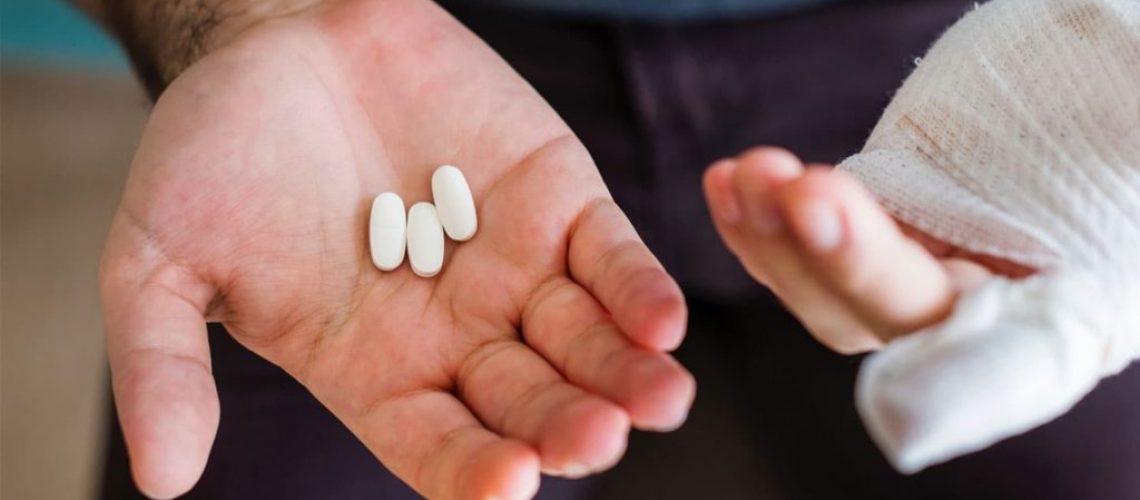Digest This
Click on the topics below to learn how probiotics can improve your digestive health, naturally.

Probiotics and Common Painkillers
- @drHoberman
- Drug interactions, Probiotics
Many medicines are available over-the-counter (OTC) at your local drug store and not prescribed by a physician, but that doesn’t mean taking them is completely risk-free.
A good example is acetaminophen (better known in America as Tylenol), probably the most common OTC painkiller available besides aspirin. (It’s also available in a prescription form as Percocet or Vicodin.)
Acetaminophen is available in lots of ways — syrups, capsules and drops — so it’s very easy to take their safety for granted.
One of the most common risks associated with taking acetaminophen is liver damage, when you take too much of it (no more than 3,200 mg per day). It’s enough of a concern the FDA devotes an entire web page that explains the risks of taking too much acetaminophen and how to avoid them.
So, how does taking too much of an OTC painkiller have anything to do with your gut health?
We warned you recently about an intriguing way your gut microbiome may be used to spot signs of nonalcoholic fatty liver disease, the most common form of chronic liver disease, based on subtle drops in genetic gut health diversity.
Not surprisingly, probiotics may limit the damage to your liver from taking too much acetaminophen, according to a study presented by Emory University researchers at a recent meeting of the American Society of Investigative Pathology.
In fact, one of the primary strains of beneficial bacteria contained in EndoMune Advanced Probiotic — a proprietary strain of Lactobacillus rhamnosus — was the active ingredient in the report.
The problem with taking too much acetaminophen, not to mention serious liver damage or death, is a marked increase in free radicals that triggers oxidative stress.
Based on tests with mice, animals fed a probiotic in their food for just two weeks suffered less damage when given an overdose of acetaminophen than those receiving no probiotic at all.
These results build upon previous research which targeted the molecular process in which probiotics containing Lactobacillus rhamnosus protect the body from oxidative liver injury thanks to a protein (Nrf2) that regulates genes involved in fighting free radicals.
There’s a lot of work be done to determine if this same gut-friendly protection holds up for humans too. That said, it’s a good idea to stay on the safe side and follow some common sense precautions to avoid any problems with acetaminophen in the first place.
There Is An Endomune Probiotic For Every Lifestyle
-
EndoMune Metabolic Rescue
$44.95 -
EndoMune Advanced Probiotic
$42.95 -
EndoMune Companion Pack
$112.93








